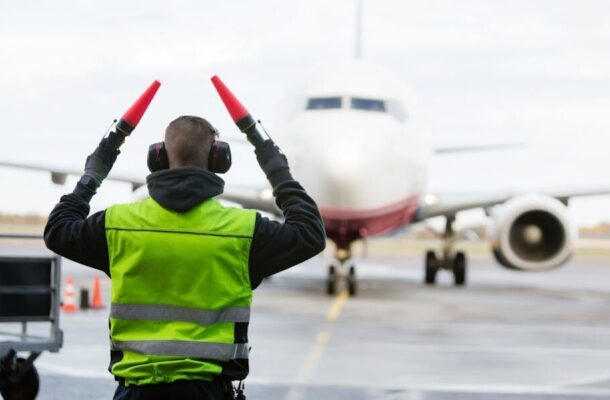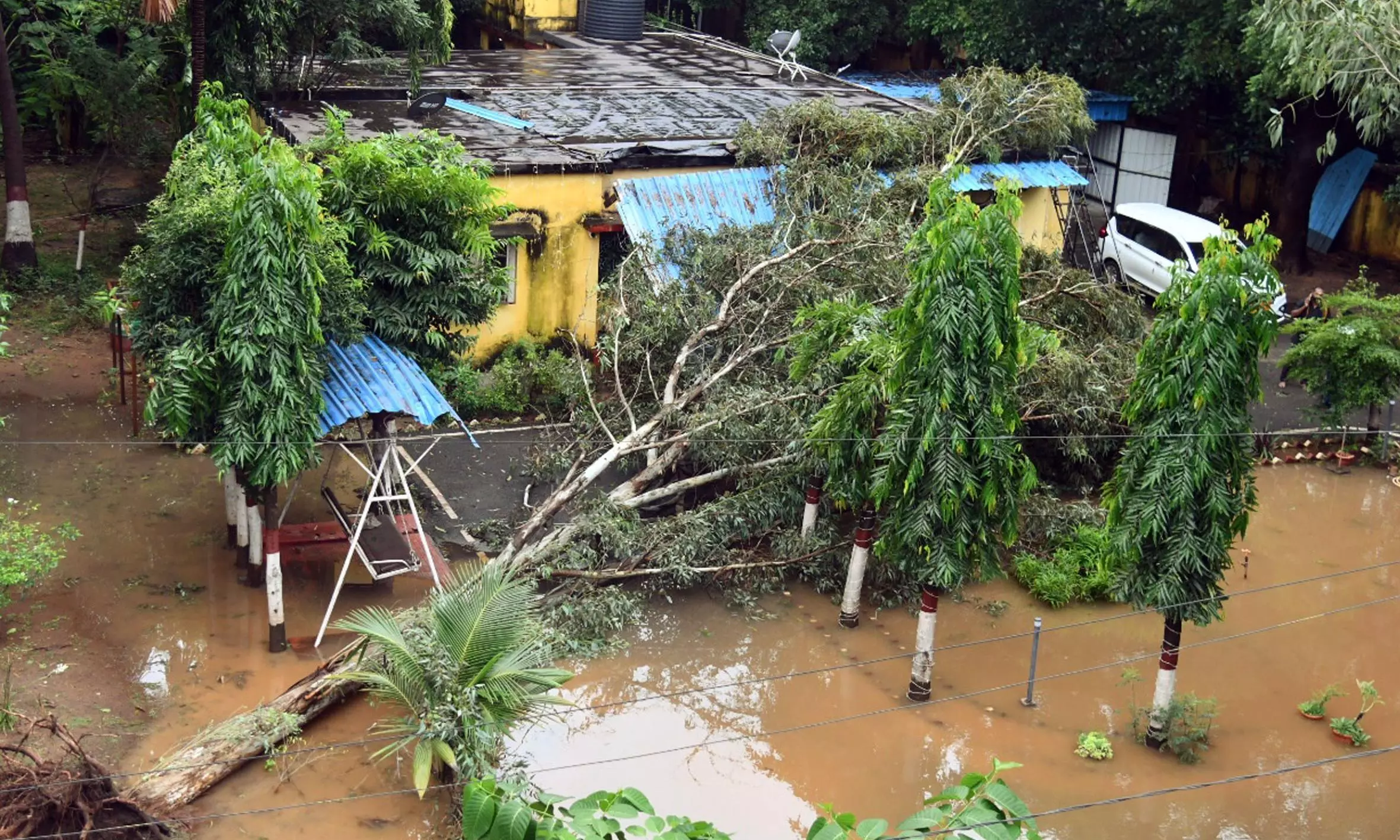Copyright ghanaguardian

The Ghana Air Traffic Safety Electronics Association (GHATSEA) has announced plans to embark on an indefinite industrial action beginning Thursday, October 30, 2025, in protest against what it describes as years of neglect by the Ghana Civil Aviation Authority (GCAA) regarding critical welfare and professional concerns. In a statement signed by GHATSEA President, Eng. David Annan Mensah, the Association said the decision followed over 15 years of unresolved issues, despite multiple petitions, negotiations, and appeals to GCAA management. Longstanding grievances The Association cited unfair salary administration, inequitable job placement, and persistent welfare challenges among its major grievances — issues it claims have been repeatedly mishandled, particularly by the Director of Human Resources, Ebenezer Sagoe. GHATSEA is demanding: The immediate removal of Ebenezer Sagoe from office. A comprehensive review of all outstanding matters affecting Air Traffic Safety Electronics Personnel (ATSEPs). The restoration of fairness and integrity within the GCAA’s Human Resource Department to preserve industrial peace. Management accused of indifference The Association expressed frustration with what it called the “brazen disregard” of the Acting Director-General and Acting Deputy Director-General of the GCAA, accusing them of failing to act on legitimate complaints. “We have exercised patience for years through peaceful engagements, but our concerns have been ignored. The safety and reliability of Ghana’s air navigation systems depend on the dedication of ATSEPs, and we cannot continue to work under these conditions,” the statement read. GHATSEA said the planned strike is being undertaken in accordance with Section 160 of the Labour Act, 2003 (Act 651) and will proceed if management fails to resolve the grievances before the deadline. Impact on air travel The Association warned that once the strike begins, Communication, Navigation, and Surveillance (CNS/ATM) systems — vital for air traffic management and flight safety — will be non-operational, making air travel unsafe across all major airports in Ghana. Affected facilities include: Kotoka International Airport (Accra): VHF/HF radios, AFTN/AMHS, AWOS, ATIS, IRS/VSAT, ATS/DS, ILS, ADS-B, Accra Radar, DVOR. Tamale Airport: VHF radios, AWOS, ATIS, VSAT, ATS/DS, ILS, Tamale Radar, CVOR. Kumasi Airport: VHF radios, AWOS, ATIS, VSAT, ATS/DS, ILS, Kumasi Radar, CVOR. Sunyani Airport: VHF radios, AWOS, ATIS, VSAT, ATS/DS. Ho Airport: VHF radios, AWOS, ATIS, ATS/DS. Wa Airport: VHF radios, ATS/DS. GHATSEA explained that without ATSEP support, these systems — which ensure safe take-offs, landings, and in-flight communication — cannot function safely. The Association apologised to airline operators, passengers, and the travelling public for any inconvenience, but insisted that responsibility for any disruptions lies with GCAA management for failing to address their concerns. Call for intervention GHATSEA appealed to the government, Parliament, civil society organisations, and the media to intervene and help resolve the crisis, stressing that their demands are aimed at ensuring fairness, accountability, and the long-term safety of Ghana’s aviation infrastructure. Stakeholders across the aviation sector are now closely monitoring the situation, which could cause significant disruptions to domestic and international flights if no agreement is reached before the planned industrial action begins.



